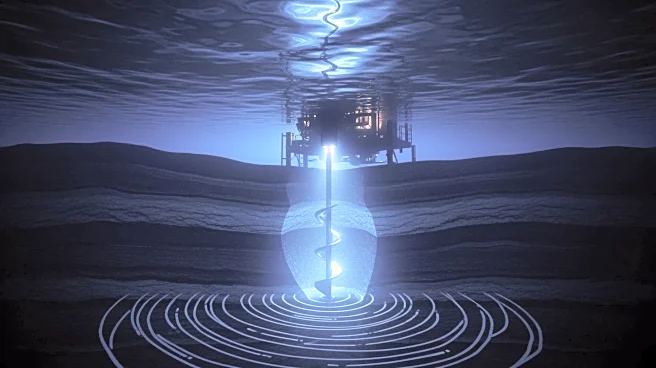What's Happening?
The New York Rangers have signed Conor Sheary, a two-time Stanley Cup champion, to a professional tryout contract (PTO) ahead of the 2025-26 NHL season. Sheary, who previously played for the Pittsburgh Penguins, reunites with Mike Sullivan, his former coach during the Penguins' championship runs. Sullivan, now with the Rangers, hopes to leverage Sheary's experience to bolster the team's performance following a challenging previous season. The Rangers are looking to improve their standings, and Sheary's addition could be pivotal, especially as they prepare for their opening game against the Penguins on October 7.
Why It's Important?
This move is significant for the Rangers as they aim to revitalize their roster and improve their performance in the upcoming season. Conor Sheary brings championship experience and familiarity with Coach Sullivan's strategies, which could enhance team dynamics and performance. For Sheary, this opportunity represents a chance to revive his career after several unremarkable seasons with various teams. The Rangers' decision to sign Sheary reflects their strategic approach to building a competitive team capable of challenging top contenders in the NHL.
What's Next?
Conor Sheary will need to impress during the tryout period to secure a spot on the Rangers' opening night roster. His performance in training and preseason games will be crucial in determining his future with the team. The Rangers will continue to assess their roster and make necessary adjustments to ensure a strong start to the season. Fans and analysts will be watching closely to see how Sheary adapts to the Rangers' system and whether his reunion with Sullivan can lead to success on the ice.
Beyond the Headlines
The reunion of Sheary and Sullivan highlights the importance of player-coach relationships in professional sports. Their past success together could serve as a foundation for future achievements with the Rangers. Additionally, Sheary's journey underscores the challenges faced by athletes in maintaining peak performance and the impact of strategic team changes on individual careers.








